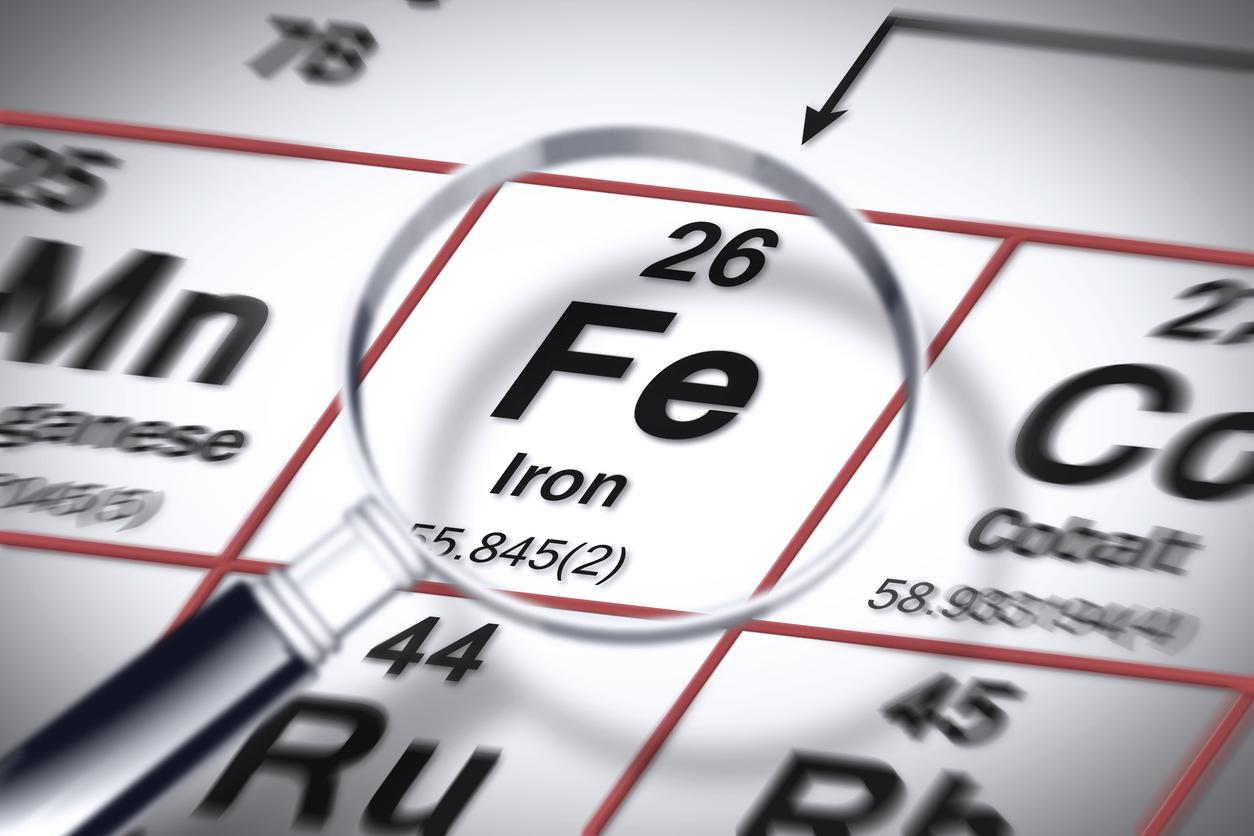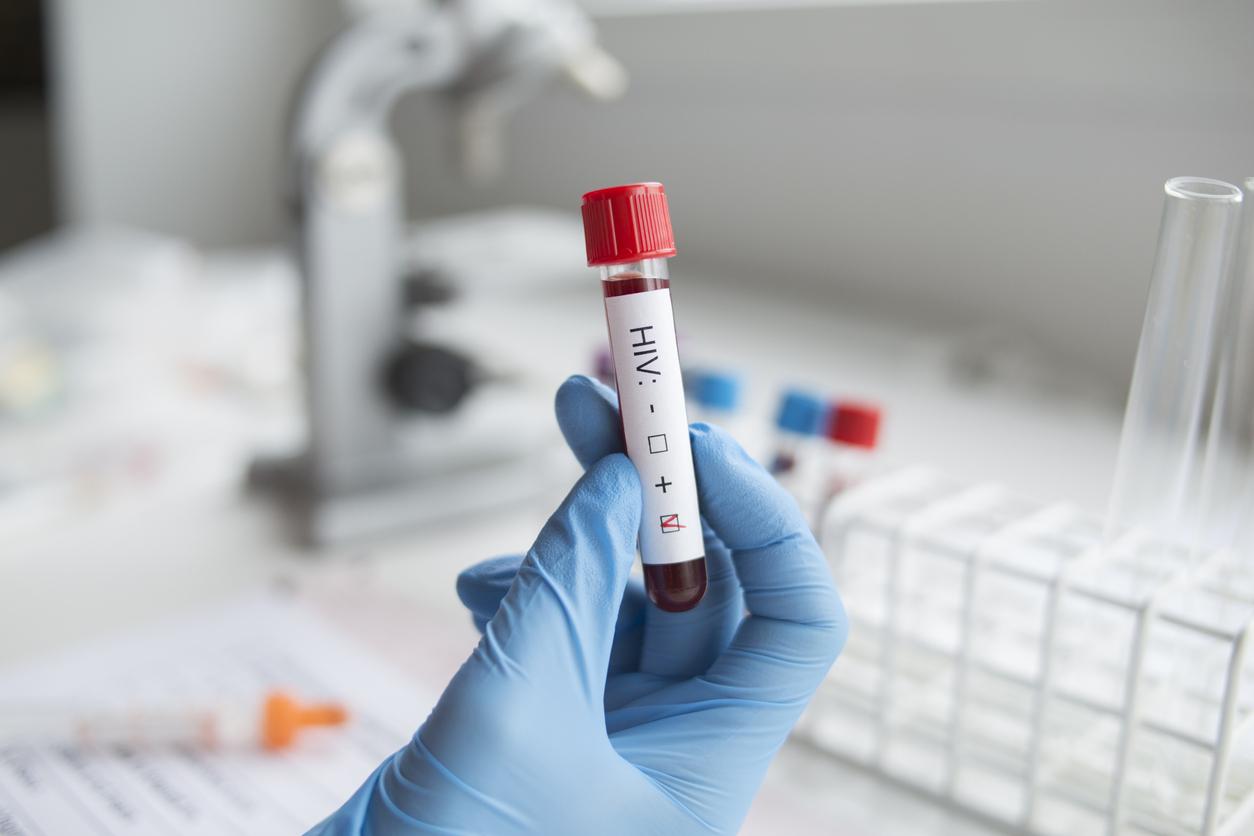According to an American study of more than 82,000 people, being infected with HIV increases the risk of heart attack by around 50%.

Men infected with the HIV virus are said to have a 50% higher risk of myocardial infarction compared to those who are not infected. These are the results of a study presented at the 20th Conference on Retroviruses and Opportunistic Infections (CROI) in Atlanta.
The study, published in the Journal of the American Medical Association (JAMA), was conducted by Dr. Matthew Freiberg, of the University of Pittsburgh, Pa., School of Medicine, among 82,459 former military men, for most of them. The research team followed the participants for almost 6 years.
The results show that in HIV-positive patients aged 40 to 49, the heart attack rate was 2 per thousand, compared with 1.5 per thousand in HIV-negative patients. In the 50 to 59 age group, the ratio was 3.9 per thousand for those who were HIV-positive compared to 2.2 per thousand for those who were HIV-negative. And, for 60-69 year olds, the infacti ratio was 5 per thousand, compared to 3.3 per thousand in the non-infected group.
Finally, after taking into account the existence of other diseases, smoking and alcohol consumption as well as other risk factors such as high blood pressure and cholesterol, the seropositive subjects in the study were at risk. infarction 50% higher than seronegative, conclude the authors. They also point out that this risk, even if it is a little lower, also remains in the seropositive ones who manage to reduce their viral load of the HIV to a very low level (to less than 500 copies per milliliter of blood).
Research had already shown that chronic activation of the immune system by HIV before antiretroviral therapy appeared to lead to a high level of inflammation which appeared to accelerate aging. The body becomes more vulnerable to diseases associated with age. Among them, a study, published in July 2012 in JAMA, had already revealed that HIV-positive people were twice as likely to have a heart attack or stroke as the rest of the population, which would be linked to inflammation. arteries, according to the authors.
.

















